This course provides students with the basic knowledge of major environmental problems, mechanisms, technologies, and measures
to cope with air pollution, water pollution, waste problems, climate change, and so on. The course is aiming to acquire a
basic view for understanding complicated environmental problems and skills of project management and examining the best mix
of policies and technologies in line with the concept of sustainable development.
*In 2024, the course will be closed.
*In 2024, the course will be closed.
To learn basic knowledge of major urban environmental problems and measures in line with the concept of sustainable development
- Students can explain the concept of sustainable development; G-1, G-4, H-2
- Students can understand some basic aspects of environmental science and environmental policy as presented in class; G-1, G-4, H-2
- Students can use fundamental skills of project management; G-1, G-4, H-2
| Report | Presentation | Active Participation | Total. | |
|---|---|---|---|---|
| 1. | 25% | 0% | 10% | 35% |
| 2. | 25% | 10% | 10% | 45% |
| 3. | 10% | 10% | 20% | |
| Total. | 50% | 20% | 30% | - |
| Class schedule | HW assignments (Including preparation and review of the class.) | Amount of Time Required | |
|---|---|---|---|
| 1. | Introduction - Overview of international discussion on sustainable development |
Searching a related article | 30minutes |
| 2. | Water pollution control | Searching a related article | 30minutes |
| 3. | Groundwater pollution and soil contamination | Searching a related article | 30minutes |
| 4. | Air pollution control | Searching a related article | 30minutes |
| 5. | Special lecture on international development | Searching a related article | 30minutes |
| 6. | Climate change | Searching a related article | 30minutes |
| 7. | Study tour to the environmental related facility (tbc) | Searching a related article | 30minutes |
| 8. | Study tour to the environmental related facility (integrated with the 7th class) | Searching a related article | 30minutes |
| 9. | Waste management (1) | Searching a related article | 30minutes |
| 10. | Waste management (2) | Searching a related article | 30minutes |
| 11. | Workshop on Sustainable Development Goals (SDGs) | Searching a related article | 30minutes |
| 12. | Skills of project management (1) | Searching a related article | 30minutes |
| 13. | Skills of project management (2) | Searching a related article | 30minutes |
| 14. | Skills of project management (3) Group presentation |
Group work and prepare the final presentation | 120minutes |
| Total. | - | - | 510minutes |
Reports 40%
Group presentation 30%
Homework/ active participation and contribution in class 30%
Group presentation 30%
Homework/ active participation and contribution in class 30%
| ways of feedback | specific contents about "Other" |
|---|---|
| Feedback in the class |
It is preferable to bring a note PC with you.
Maximum enrollment is twenty. If the enrollment entry exceeds twenty, those who have higher score of TOEIC will be accepted. Priority will be given to the students in the International Program. Short term international students who have equivalent skill of English can take this class by the approval of instructor.
最大履修人数は20名であり、希望者がそれを上回る場合はTOEICの得点が高い順に20名までとする。国際プログラムの学生は優先的に履修できる。特別留学生で同等の英語力がある学生は、担当教員の承認により履修できる。
Maximum enrollment is twenty. If the enrollment entry exceeds twenty, those who have higher score of TOEIC will be accepted. Priority will be given to the students in the International Program. Short term international students who have equivalent skill of English can take this class by the approval of instructor.
最大履修人数は20名であり、希望者がそれを上回る場合はTOEICの得点が高い順に20名までとする。国際プログラムの学生は優先的に履修できる。特別留学生で同等の英語力がある学生は、担当教員の承認により履修できる。
- Course that cultivates an ability for utilizing knowledge
- Course that cultivates a basic problem-solving skills
- Course that cultivates a basic interpersonal skills
| Work experience | Work experience and relevance to the course content if applicable |
|---|---|
| Applicable | Based on the experience of administration of environmental policies and forming international aid projects for developing countries, basic knowledge on infrastructure, technologies and methods necessary for measures against environmental problems are provided. |
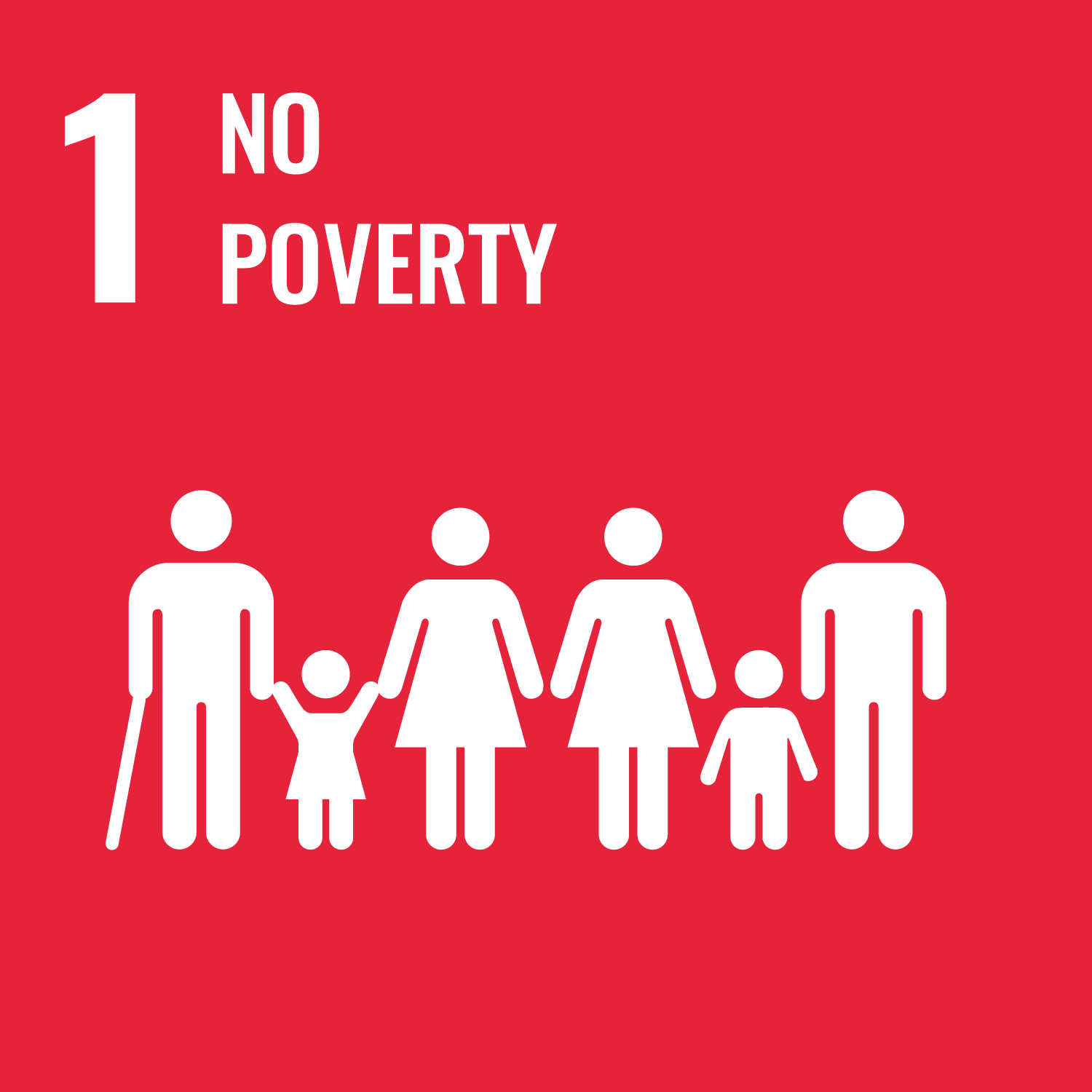
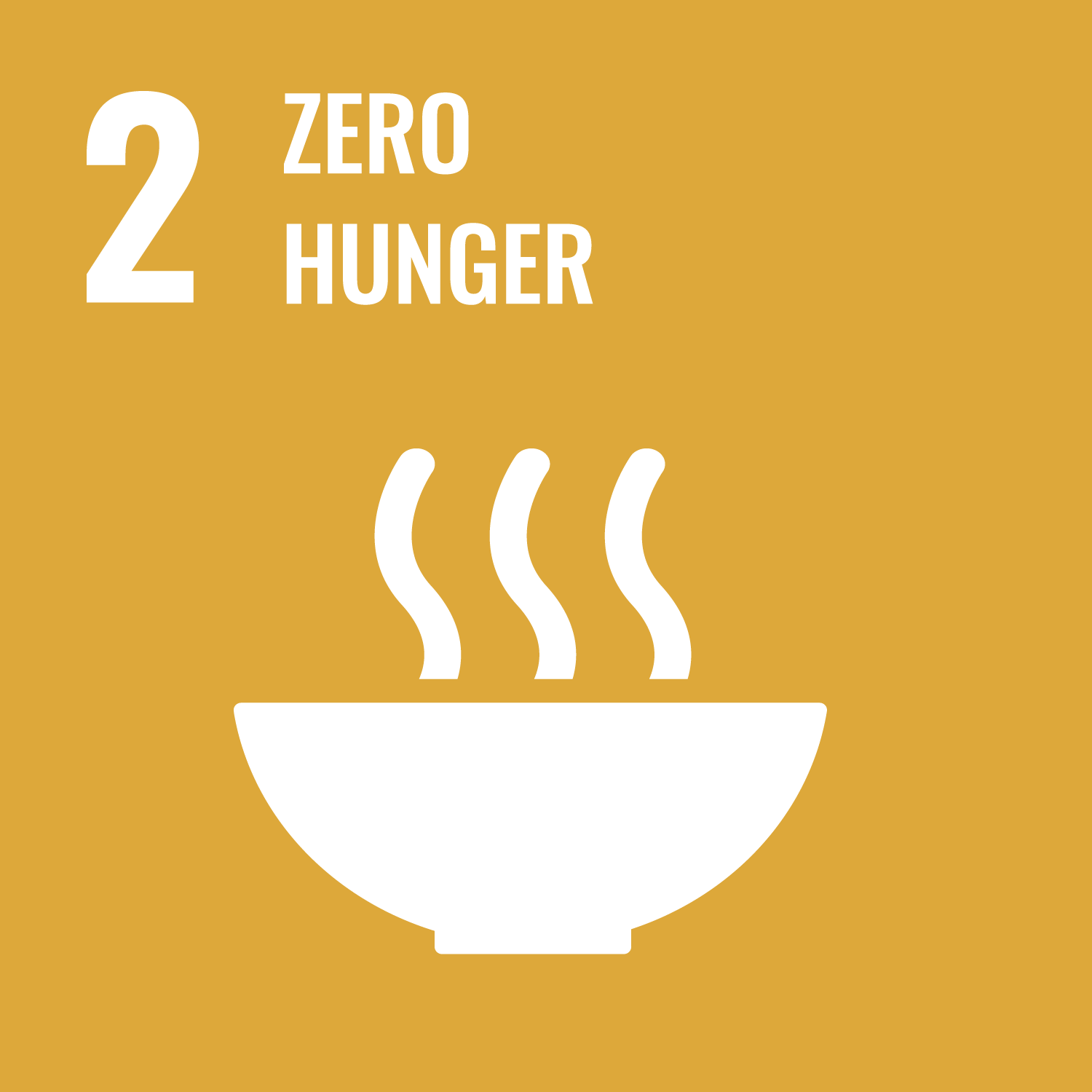

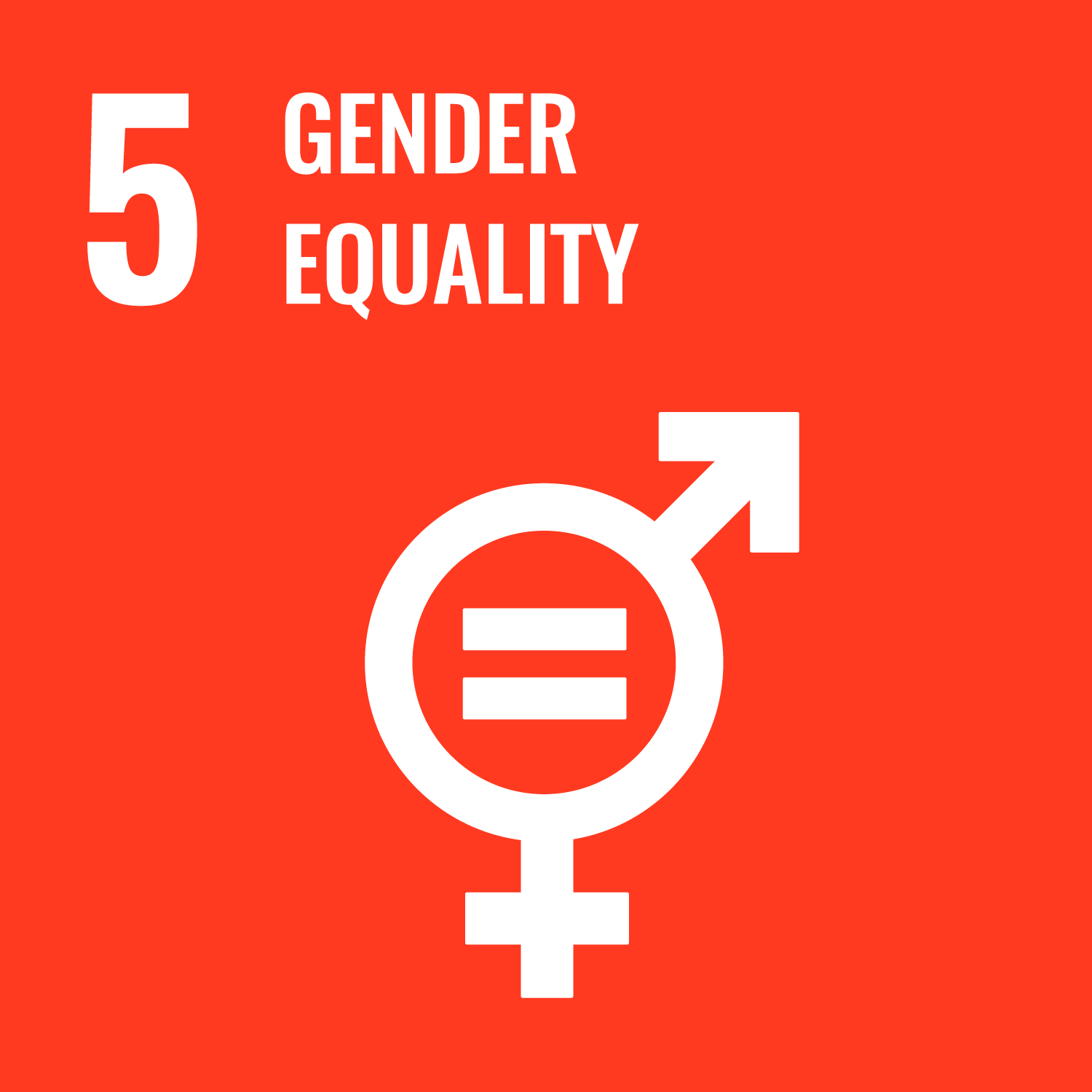
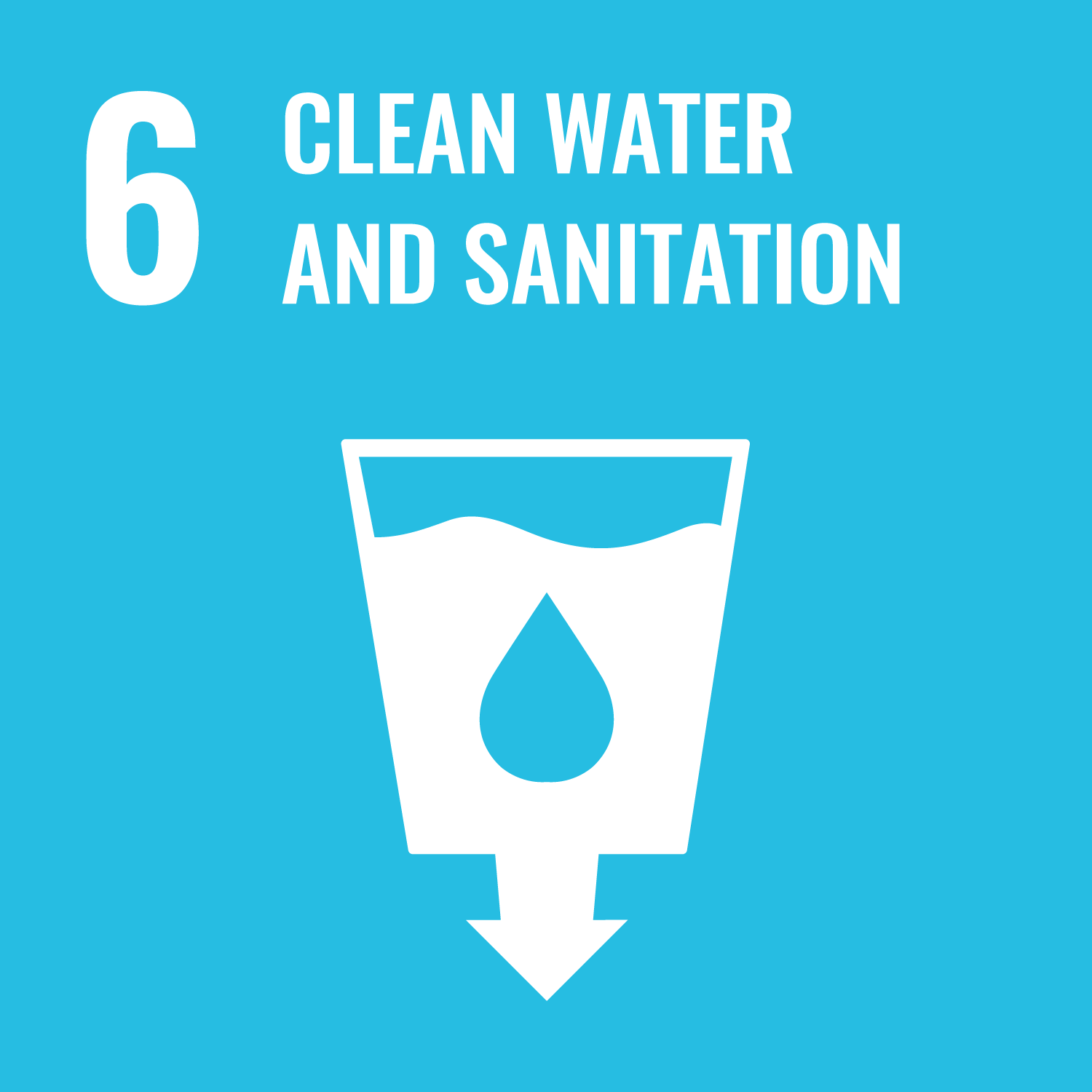





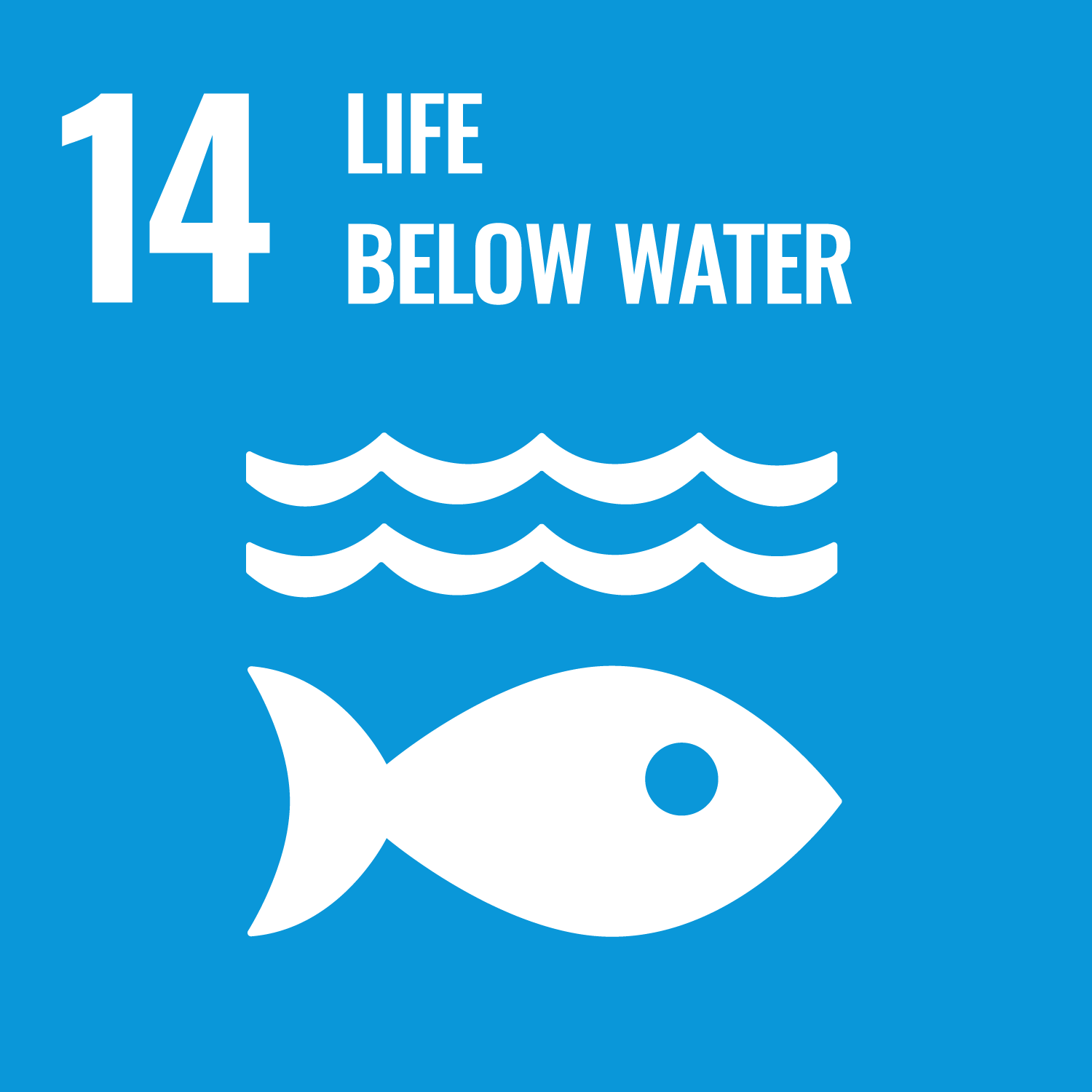
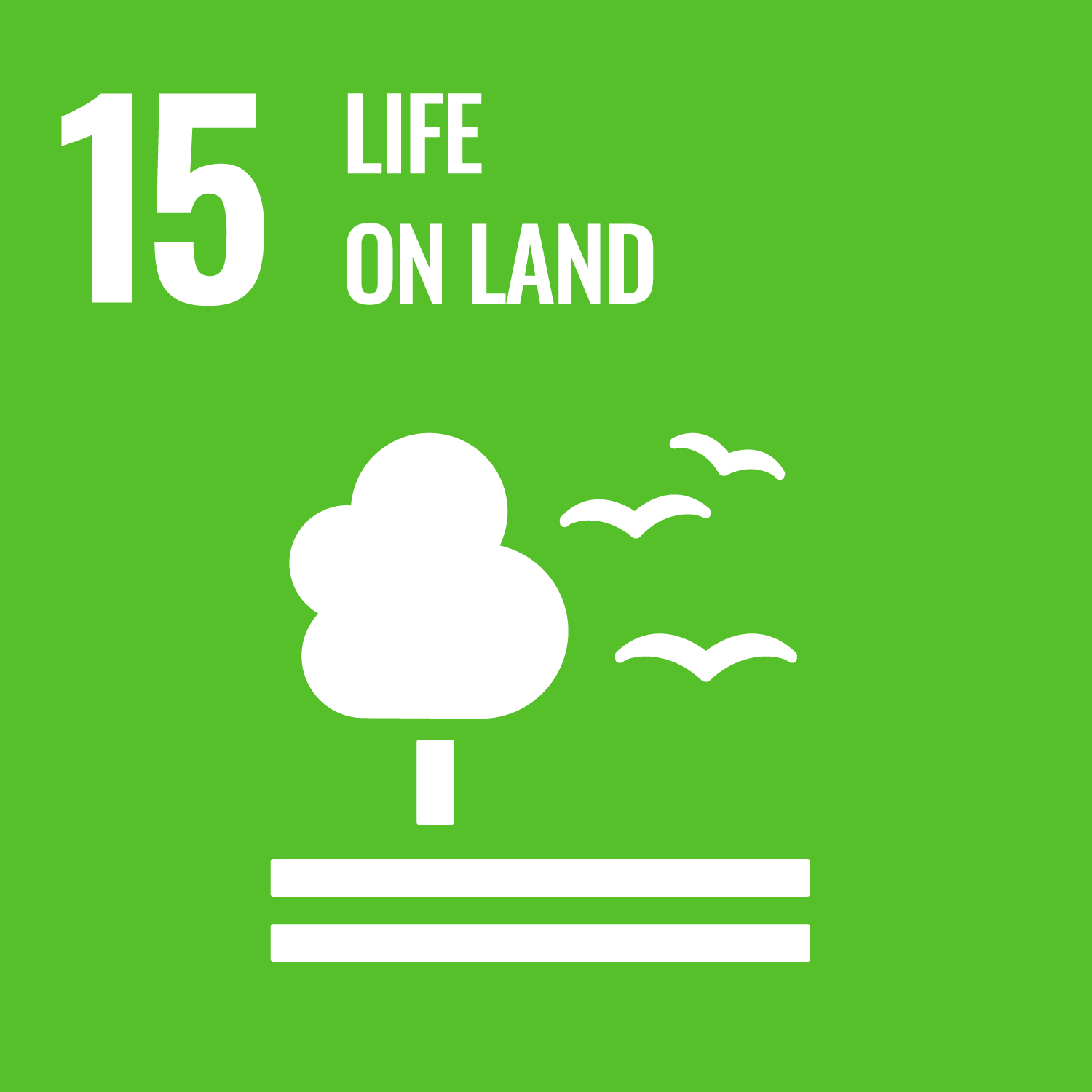

- 1.NO POVERTY
- 2.ZERO HUNGER
- 3.GOOD HEALTH AND WELL-BEING
- 5.GENDER EQUALITY
- 6.CLEAN WATER AND SANITATION
- 7.AFFORDABLE AND CLEAN ENERGY
- 9.INDUSTRY, INNOVATION AND INFRASTRUCTURE
- 11.SUSTAINABLE CITIES AND COMMUNITIES
- 12.RESPONSIBLE CONSUMPTION & PRODUCTION
- 13.CLIMATE ACTION
- 14.LIFE BELOW WATER
- 15.LIFE ON LAND
- 17.PARTNERSHIPS FOR THE GOALS
Last modified : Fri Jun 28 16:42:24 JST 2024

